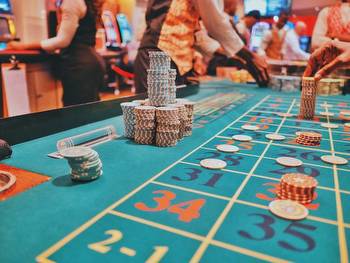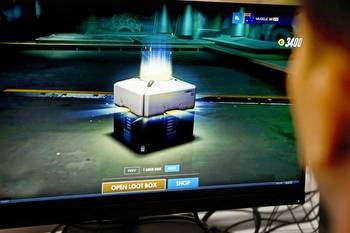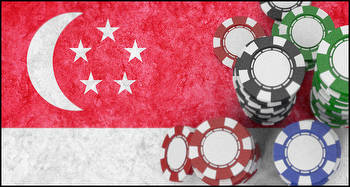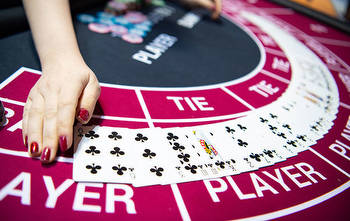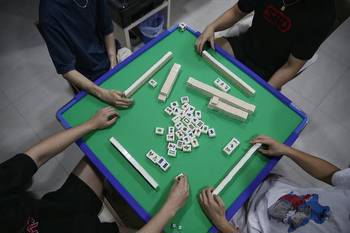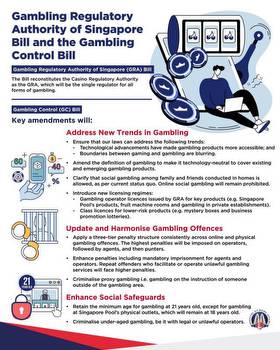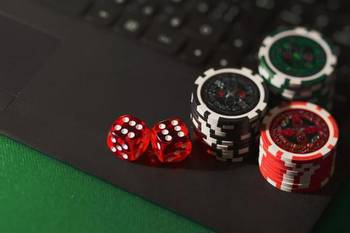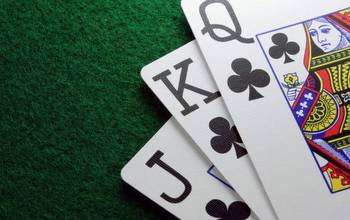Singapore gambling reform bills passed by Parliament

Under the Gambling Regulatory Authority of Singapore Act 2022, Singapore’s Casino Regulatory Authority will be renamed the Gambling Regulatory Authority of Singapore.
The new bill consolidates gambling regulatory expertise, which previously resided in different segments of government agencies, including the Casino Regulatory Authority (CRA), the Gambling Regulatory Unit in the Ministry of Home Affairs, the Singapore Totalisator Board and the Singapore police force.
The new body consists of 17 members under one fixed segment, all of whom would are appointed by Singapore’s Minister of Home Affairs. Each can hold their position for up to 3 years.
The Authority now has the right to unilaterally distribute, renew and revoke licences. Members also have the right to issue fines in the instance of criminal conduct that violates the Gambling Control Act 2022.
The Gambling Control Act amends a number of sections in Singapore’s 2006 Casino Control Act, including adding definitions of what constitutes gambling and gambling operators in section 153(1) and excluded persons in section 165(6).
Partaking in or offering illegal gambling services, including proxy betting, would be punishable with a fine of SGD$500,000 and a prison term of up to 7 years, while repeat offenders could receive a fine of SGD$700,000 and a prison term of up to 10 years.
This bill will penalise unlawful gambling whether conducted on physical premises or online, with the specific offence of ‘proxy gambling’ facing a maximum of six years in jail.
Licences will be made available for several types of gambling activity including types of gaming machines, certain types of betting operations and lotteries and certain gambling facilities. Those applying for a licence renewal would have to pay an unspecified application fee or renewal fee.
This comes after the Singapore government has said the new bill was needed to ‘keep up with technology’, where the lines have been blurred between gambling and other forms of games.
Now the bill has passed, it will be sent to the Presidential Council for Minority Right (PCMR) to ensure that it does not discriminate against any racial or religious community. After the PCMR has scrutinised the Bill, it will be presented to the President to be signed into law.









